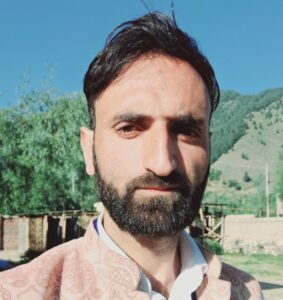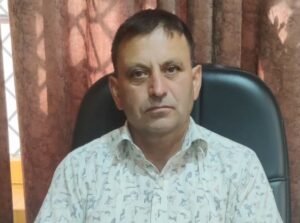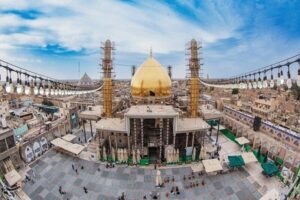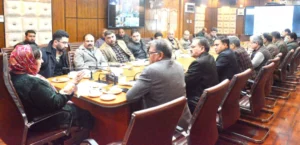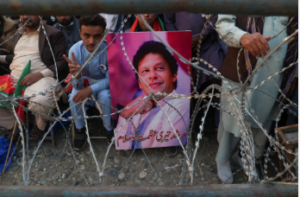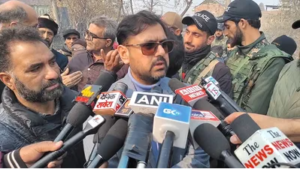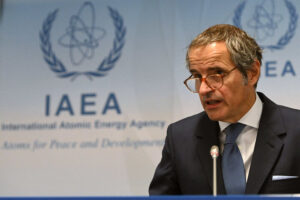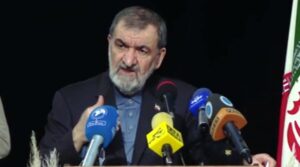The Forgotten Atrocity: Shia Genocide in Parachinar

Syed Maqbool Hussain |
Parachinar, a town in the Kurram District of Pakistan, has become synonymous with sectarian violence and human suffering. The ongoing persecution of the Shia community, particularly the Hazara Shias, has reached alarming levels. The relentless violence, often overlooked by the media and ignored by the state, highlights a tragic narrative of systemic oppression and targeted killings. For decades, extremist groups have targeted Shia communities with impunity. The region’s strategic location, sharing borders with Afghanistan, has made it a focal point for militant activities, further complicating the security dynamics.
The violence against Shias in Parachinar is systematic and brutal. Extremist groups like the Taliban, Sipah-e-Sahaba, and Jaish-e-Mohammad, allegedly supported by elements within the Pakistani state, have orchestrated a campaign of terror. Bombings in markets, mosques, and public gatherings have become distressingly common. The 2017 market bombings in Parachinar, which killed and injured dozens, are stark examples of this ongoing terror. Shia professionals, religious leaders, and civilians are frequently targeted for assassination, intending to instill fear and dismantle the community’s social fabric. Reports of rockets, tanks, and heavy artillery being used against Shia neighborhoods suggest a level of violence typically associated with war zones. Children, women, and the elderly are not spared in these indiscriminate attacks.
The role of the Pakistani state in perpetuating this violence cannot be ignored. There are credible allegations that the state not only tolerates but actively supports extremist groups for geopolitical leverage. Extremist groups are reportedly equipped with sophisticated weaponry, including rockets and tanks, allegedly supplied by state actors. This military-grade arsenal is used to target Shia communities with devastating effect. There is a pervasive culture of impunity where those responsible for sectarian violence are rarely prosecuted. This lack of accountability emboldens extremists and perpetuates the cycle of violence. State and media narratives often downplay the sectarian nature of the violence, framing it as tribal conflict. This obfuscation diverts attention from the real issue of targeted genocide and prevents meaningful intervention.
The human cost of this ongoing violence is staggering. Over 36 people have been killed recently, with hundreds more injured. The death toll continues to rise as violence remains unchecked. Continuous attacks have forced many Shias to flee their homes, leading to widespread displacement. The psychological trauma inflicted on survivors, particularly children, is profound and long-lasting. The violence has crippled local economies and disrupted community life. Schools, markets, and places of worship are often targeted, making daily life perilous.
The media’s role in covering this crisis has been inadequate. While stories about minor issues in other parts of Pakistan receive extensive coverage, the genocide in Parachinar is largely ignored. This media blackout contributes to a lack of awareness and international pressure, allowing the violence to continue unabated. The plight of Shias in Parachinar is a glaring example of state failure and systemic injustice. The Pakistani government’s inability, or unwillingness, to protect its citizens underscores the urgent need for international intervention. The ongoing genocide must be addressed with the gravity it deserves. Until then, the Shia community in Parachinar will continue to suffer in silence, their cries for justice drowned out by the indifference of a world that has largely turned its back on them.
The global community must hold the Pakistani state accountable for its role in perpetuating sectarian violence. Human rights organizations must intensify efforts to document and publicize the atrocities in Parachinar to galvanize international action. Pakistan must undertake significant judicial and policy reforms to ensure the protection of all its citizens, regardless of sectarian affiliation. The bloodshed in Parachinar is a stark reminder of the consequences of unchecked extremism and state complicity. It is a call to action for all who believe in human dignity and the right to live without fear.


